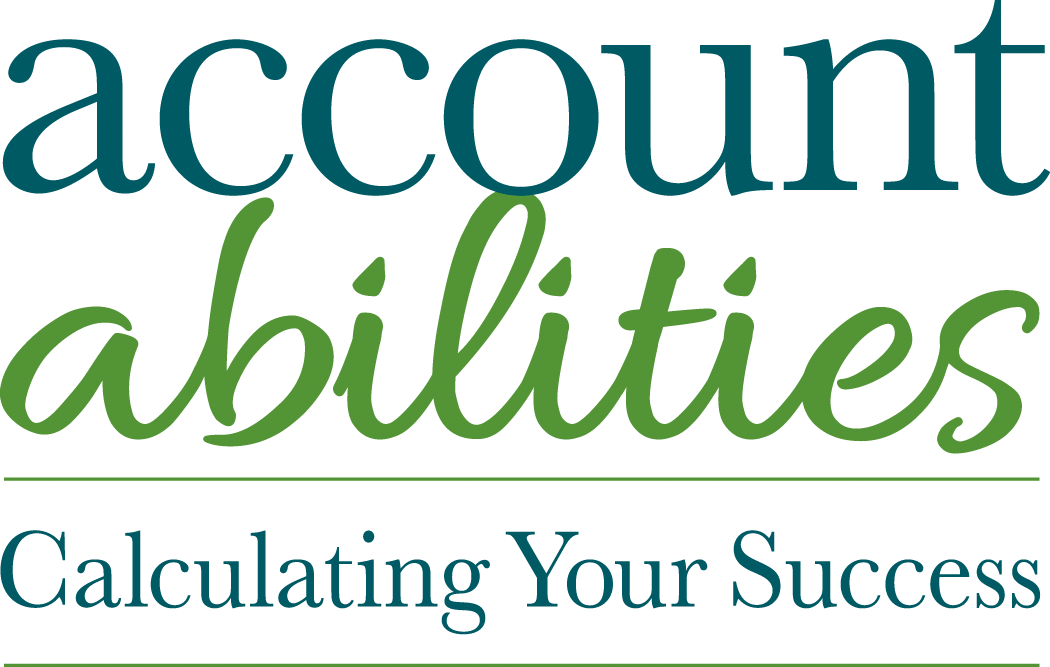Tax Mistakes to Beware of as a Small Business Owner:
Owning a small business makes you very aware of every penny coming in… and going out! While following your passion is why you started your business in the first place, the reality is, it needs to be profitable. Most small business owners try to save every dollar humanly possible, but there are just some things you should not skimp on. Tax preparation is one of them. Beware of tax mistakes a small business owner can make.
There are many ins and outs of owning a business and preparing your business taxes holds no exception. Many times we see tax mistakes that can be avoided with the right guidance.
In this 2-part blog series, we will cover the most common tax mistakes a small business owner can make.
Let’s get started!
1. Misreporting Income –
Income can be underreported or overreported. Often this has to do with the business owners using the 1099’s received as their final income number. As a business owner you are required to track and report your income regardless if you receive a 1099 for the income. We have seen an extra zero added, refunds that were not subtracted from the total amount, and the combination of 2 vendor amounts included on one 1099. 1099’s are wrong all of the time! If you accept credit card payments, make sure that you back out the amount of sales tax included in the 1099 amount if sales tax is applicable.
The most common mistake we see is that income is double reported. For example: A client issues a 1099 for all amounts paid to you, but they paid with a credit card. The credit card company will issue a 1099 for all payments you received via credit cards. We cannot stress enough that you need to track your income yourself.
2. Writing Off Personal Expenses on Your Business Tax Return.
There are some expenses that you would pay for whether you own a business or not. These expenses can be written off as a business expense but make sure you only write off the business percentage. For example: your cell phone is normally a business and personal expense. You can write off only the amount used for business. So, if you use the cell 65% for business and 35% for personal use, you can only take 65% of your portion of the cell phone bill. Another common mistake is writing off a home office when according to the IRS, you would not qualify.
3. Misunderstanding of Depreciation –
Depreciation can be a tricky concept to grasp. Throw in the Section 179 rules along with bonus depreciation and it all starts to blend together. According to the IRS: “Depreciation is the recovery of the cost of the property over a number of years. You deduct a part of the cost every year until you fully recover its cost. Property can be equipment, furniture, buildings, machinery used for business.” The IRS assigns a standard useful life for the different types of assets
The misunderstanding first comes in when someone does not understand an asset and that it should be depreciated. The misunderstanding continues to grow when an asset has been misclassified and the wrong life has been assigned. For example: a computer is business equipment and should be depreciated over 5 years. It is possible that if certain criteria is met, you can write off the entire computer in one year. It may also be the case where it is better if you spread out the expense over 5 years. Every situation is unique.
4. Avoid Paying Estimated Tax Payments –
Money often feels tight for small business owners and they cannot bring themselves to send their money to the IRS, State or Local Tax agencies. We completely get it, but aren’t you just delaying the pain? The amount grows larger with every missed payment. This may sound harsh, but if you do not have the money to make the payments, should you be in business? If letting go of so much cash at one time creates panic or anxiety, then make payments more often. Just get them paid, so that you do not accrue penalties or fines.
5. Missing Eligible Deductions & Credits –
Tax laws are constantly changing and it is often that deductions and credits are missed. If you are concerned that money was left on the table, you can always amend your return to correct any mistakes.
6. Overstating Your Business Expenses –
The most common business expense we see this on is meals and entertainment. The IRS does not allow entertainment to be deductible. Meals are allowed to be deducted, but depending on the situation it may be 50% or 100% deductible.
7. Guessing on Your Mileage –
All businesses have mileage. You are required to keep a mileage log if you take the deduction. This is one of the first items the IRS will ask for if you are audited. You can track your mileage manually or with an app, whatever is easiest! We also recommend keeping a copy of your schedule as an extra layer of documentation in case the deduction is challenged. As part of gathering your tax documents, print off your calendar for the entire year at that time.
8. Mailing In Paper Tax Returns –
We do not see this very often, but occasionally we see a paper prepared tax return mailed into the IRS. Mailing in tax returns is no longer the norm and just slows down the entire process. A mailed tax return leaves you in the dark, not knowing where your tax return is in the process. Too often, the return never makes it into the system and it takes a year or two before you even find out.
9. Eliminating Important Tax Forms –
Filing a business tax return requires several additional forms to be included. Missing forms creates issues that are easily avoidable. Reading the instructions should help you to make sure your return is complete.
10. Missing Deadlines –
Deadlines are easily avoidable as they are posted well in advance, but inevitably they get missed. We have found that procrastination is what leads to missed deadlines. Our strongest suggestion for you is to use one bank account to run all income and expenses through. When it comes tax time, it will be easy for you to gather all of the necessary information to file on time.
Next week we will guide you through another set of mistakes we see when business owners file their taxes.


